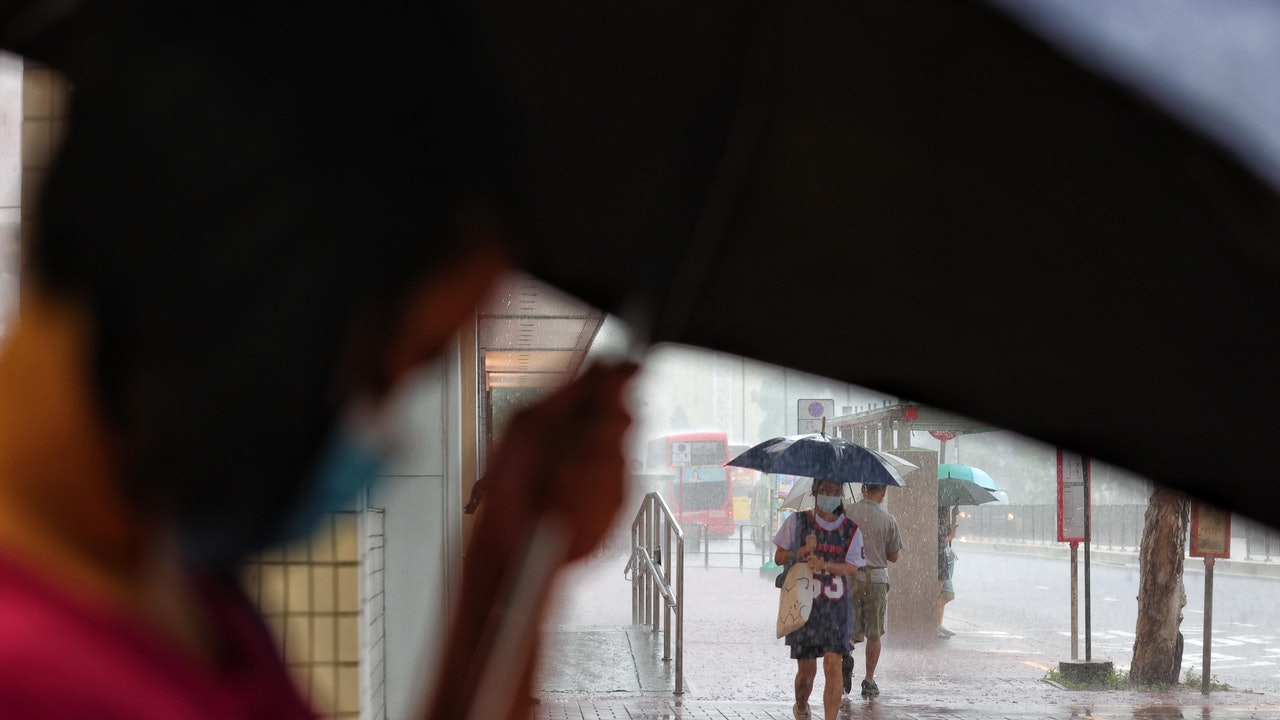In recent years, there have been appalling cases of abuse in Hong Kong. In order to strengthen prevention and control, the Law Reform Commission’s Subcommittee recommended the establishment of a new crime. The crime of "no protection" should be added to the Offences Against the Person Ordinance, and the target of protection is children under 16 years of age. Or vulnerable people over 16 years of age, including the elderly and the disabled, are advised to impose criminal liability on bystanders who fail to take "reasonable steps" to protect the victim.
The "Responsibility of Care" covers both the home and the institutional environment, that is, teachers, institution staff, institution licensees, etc.
"Hong Kong 01" sorted out the definition and scope based on the content of the report and the interpretation at the press conference of the subcommittee.
[Extended reading] The Law Reform Commission advocates the establishment of new cases of child abuse and elder abuse. Bystanders shall be held criminally liable for imprisonment for 20 years
In order to strengthen prevention and stop abuse cases, the Law Reform Commission recommends adding the crime of "no protection".
(Profile picture / Photo by Luo Junhao)
"Members of the same household" includes people who do not live together but have frequent contacts
In the home environment, it is defined as: "A person who is a "member of the same household" as the victim and has "frequent contact" with the victim."
According to the report, in order to cater to modern lifestyles and increasingly flexible family arrangements, it is recommended to adopt a broader definition. "Members of the same household" covers people who visit frequently and for a long time. Regardless of the formal relationship with the victim, it includes Non-cohabiting partners, residents of sub-units or co-living units, relatives who visit frequently, neighbors, friends, and carers.
Household members with "frequent contact" may include family members or carers. If they eat meals in the household, or are habitually participating in the household’s outings and other family social activities and daily activities, it will be a consideration of the bill and then decided on a case-by-case basis. Whether it is a "member of the same household".
If the licensee of the institution knows but does not deal with it, he can be prosecuted
In the institutional environment, it is defined as: "A person who has the responsibility of taking care of the victim."
According to the report, the "responsibility of care" not only covers the family environment, but also the institutional environment. It does not exempt any sectors, namely medical care, prison and law enforcement personnel, teachers and school personnel, caregivers and institutions, etc. The proposed crimes only cover In cases of serious abuse and failure to take "reasonable steps", the report believes that as long as the organization meets the standards of professional care in the current regulatory system, it will not commit new crimes.
Since there can be multiple caregivers in the institution, the report stated that if a case occurs, the frontline staff, licensee or management should be held responsible, depending on the situation, and the court will consider each case in a flexible manner.
Regarding the criminal liability of licensees, a member of the subcommittee and lawyer Xiong Yunxin gave an example. If the residents have been unusually physically injured, the front-line personnel have reported to them and sought instructions on how to deal with them. Processing, etc., "No matter what the position of the person is, but at this stage it is decided not to do anything, and the related omission is not a reasonable explanation why not to do it. I believe that it is already prosecuted on the surface."
Ma Xuanli, a doctor who is also a member of the subcommittee, said that some front-line staff in the hospital were worried about the suggestion, but emphasized that the new law is not directed at them, but at those who know the residents have been seriously injured but still ignore them, causing injuries. Deterioration and even death, "To be honest, even if I sit here, society has no reason not to hold it accountable."
"Reasonable steps" can refer to the relevant procedural guidelines formulated by the government
Failure to take the definition of "reasonable steps": The defendant failed to take "steps that he could reasonably be expected to take under the circumstances" to protect the victim
According to the report, the defendant did not take "reasonable steps" to the extent that it must be far from the standard of care that can reasonably be expected of the defendant.
The Commission refers to the New Zealand model and allows to consider the personal circumstances of the defendant, such as whether it is affected by young, old, disabled, domestic violence, power imbalance, or coercion (as in the case of domestic helpers).
The court may also consider a number of procedural guidelines, guidelines and circulars that set out steps that can be taken by relevant professionals to protect victims, such as the procedures, guidelines and circulars issued by the Social Welfare Department and the Education Bureau on reporting suspected abuse cases.
Ma Xuanli pointed out that using a simple example, when a child saw a child with a broken arm, "it hurts, yells, and can't move when he touches his relatives. So what is reasonable to do? Take him to see a doctor and find an ambulance. It may not be the first time to call the police. You must report to the police first, but what you have done to help the children. If you think from this perspective, I don’t think it’s difficult. What would you and I do? Why didn’t this person do it? It’s already a sufficient test.”
Xiong Yunxin pointed out that, especially in the care industry, such as teachers and residential staff, "Whether there are laws and regulations is good, there should be some basic responsibilities and professions to help people in care. There is a bottom line. Observation is definitely the same. Seeing children It’s like a "hungry ghost", don’t you need to ask children, I believe it is a question that ordinary adults, especially when taking care of children and the elderly, will naturally ask, so this law does not increase responsibilities. In the past, five questions were required to be asked. There are ten questions about the new law."
He pointed out that the group has proposed several times in the past that the government needs to allocate resources to relevant organizations for some guidelines, and the management of private organizations also needs to formulate corresponding policy guidelines. For example, kindergartens need to provide teachers with procedural guidelines for suspected child abuse cases.
The proposed mechanism for compulsory reporting of child abuse does not report or will be held criminally responsible. Yang Chaofa: Worry about increasing pressure from doctors News: The government intends to compulsorily report child abuse to protect children under 16 years of age. Violators can imprison 3 years and 5 years of girl’s torture case | First 4 months 299 child abuse cases: an astonishing increase
01News









/cloudfront-eu-central-1.images.arcpublishing.com/prisa/ICSAZBZTRZCF5GVPAFFRDUGXH4.JPG)